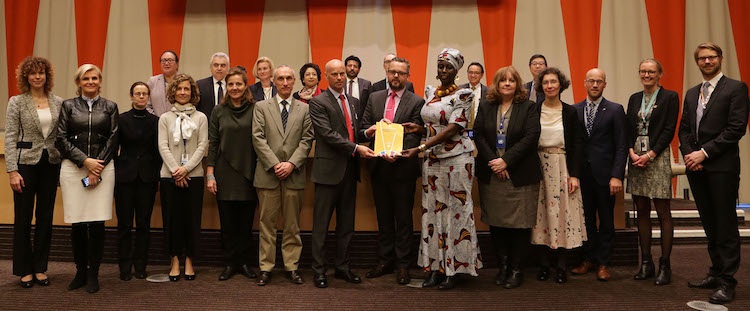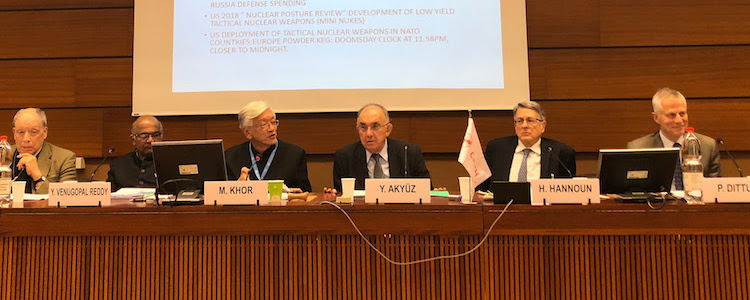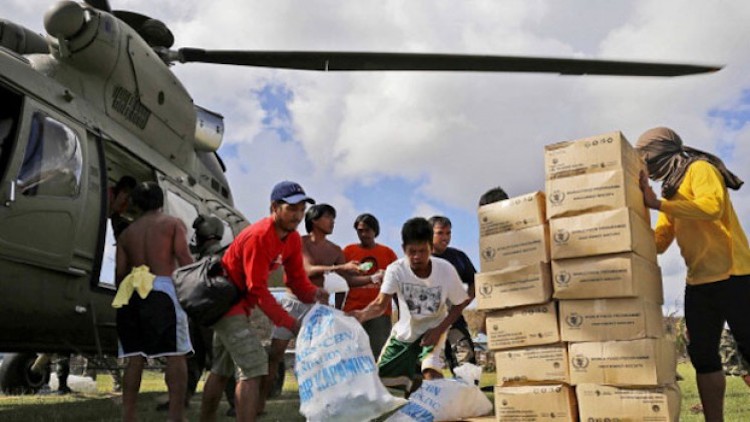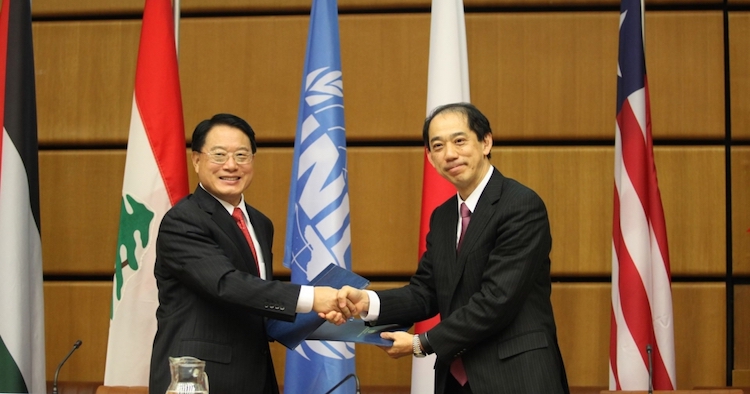By J C Suresh TORNONTO | MEDELLIN, Colombia (IDN) – Deteriorating land degradation caused by human activities is menacing the well-being of the world’s 3.2 billion people, driving species to extinction, escalating climate change, triggering mass human migration and whetting conflict, according to an evidence-based assessment of land degradation and restoration. The perils of land […]
Wanted Urgent Action on Energy to Achieve Global Goals
By J Nastranis NEW YORK (IDN) – About one billion people around the world live without electricity. Close to three billion lack access to clean cooking solutions and are exposed to dangerous levels of air pollution, which results in millions of deaths each year, mostly among women and children. Against this disquieting backdrop, a new […]
800 Million People Face Dire Prospects Despite Upturn in Global Economy – UN Report
By J Nastranis NEW YORK (IDN) – The United Nations in a major report has warned that the prospects of about 800 million of the world’s poorest people remain dire. Though the global economy is experiencing a moderate upturn, and momentum around sustainable investing is growing, the vast majority of investment is still short-term oriented […]
G7 Fiscal, Monetary Policies Are Ticking Time Bombs
By D. Ravi Kanth This article was published in No. 211, 18 April 2018 in SOUTHNEWS, a service of the South Centre to provide information and news on topical issues from a South perspective. It was originally carried by the South-North Development Monitor (SUNS) #8663 on 17 April 2018. – The Editor GENEVA (IDN-INPS) – […]
Donors Spend Less on Refugees, More on Poorest Countries
By Rita Joshi PARIS (IDN) – Foreign aid from 30 opulent nations, designated as “official donors”, totalled USD 146.6 billion in 2017, signifying a small decrease of 0.6% from the previous year in real terms because they spent less money on refugees hosted by them. But countries most in need of aid received more funds. […]
Trade War, Skripal, Arsenic and Old Lace
Viewpoint by Michele Nobile* ROME (IDN) – Like the rest of humanity, I have no way of identifying the instigator of the attempted assassination of former Russian double agent Sergei Skripal and his daughter. But I venture some reasoning, just to clear the field of fantasies and focus on real problems. It is true that […]
Reverse the ‘Individualising Imaginary’ on Climate Change
By Maurizio Fratta ROME (IDN) – The data collected by climatologists speak clearly: since 1880 – when surveys began – the summer of 2017 in Italy was the second hottest ever; the month of August recorded an average thermal excess of 2.5°C, with the fourth day of the month the hottest in the last 60 […]
Learning from the Facebook Data Scandal
By Nakshatra Pachauri Nakshatra Pachauri is Controller, Finance and Administration of the South Centre. The views in the article are solely those of the author. This article first appeared in No. 167 of SouthViews – a service of the South Centre to provide opinions and analysis of topical issues from a South perspective – on […]
Japan Supports Human Security Projects in Eight Countries
By Reinhardt Jacobsen VIENNA (IDN) – Japan has announced that it will support eight UNIDO projects aimed at ensuring human security for the most vulnerable populations in Ethiopia, Iraq, Jordan, Lebanon, Liberia, Nigeria, Somalia and the Syrian Arab Republic. Ambassador Mitsuru Kitano, the Permanent Representative of Japan to the International Organizations in Vienna, affirmed on […]
UNCTAD Asks the Caribbean Countries to be Weather-ready and Climate-smart
By Jaya Ramachandran GENEVA (IDN) – The Caribbean countries should be weather-ready and climate-smart in view of the rise in global temperatures and extreme weather events threatening to become frequent menacing the region, says Crispin D’Auvergne, who works on climate change and disaster risk management for the Organization of Eastern Caribbean States (OECS), comprising 10 […]










